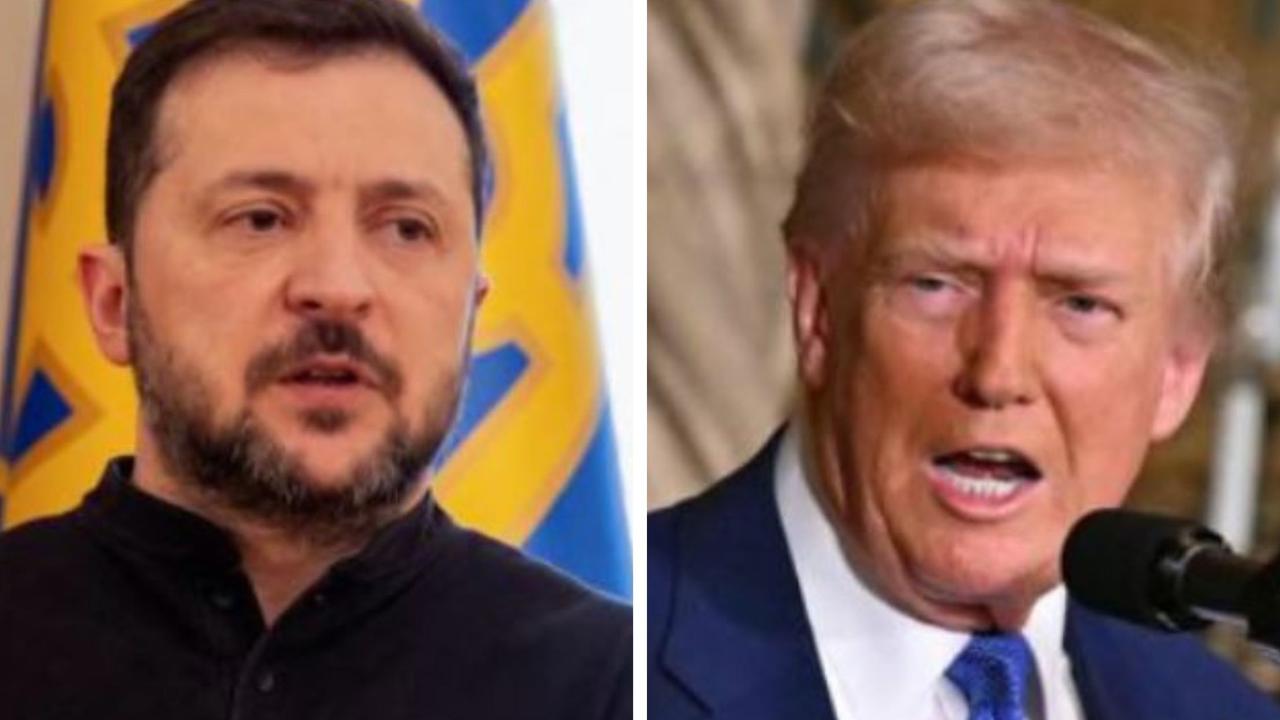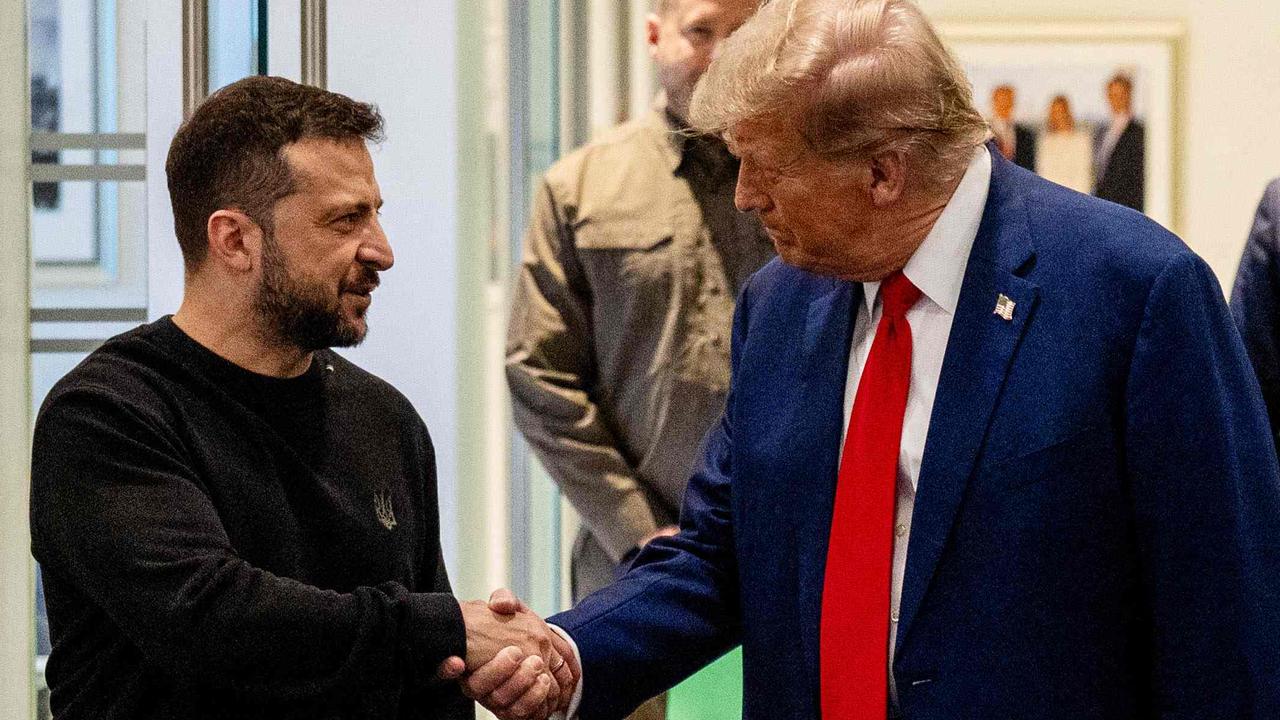King Charles may be forced to answer tough questions on slavery reparations at CHOGM
It’s been a warm welcome as King Charles arrived in Samoa to chair his first Commonwealth Heads of Government Meeting, but it may not feel so welcoming if the Royal is grilled about a certain topic.
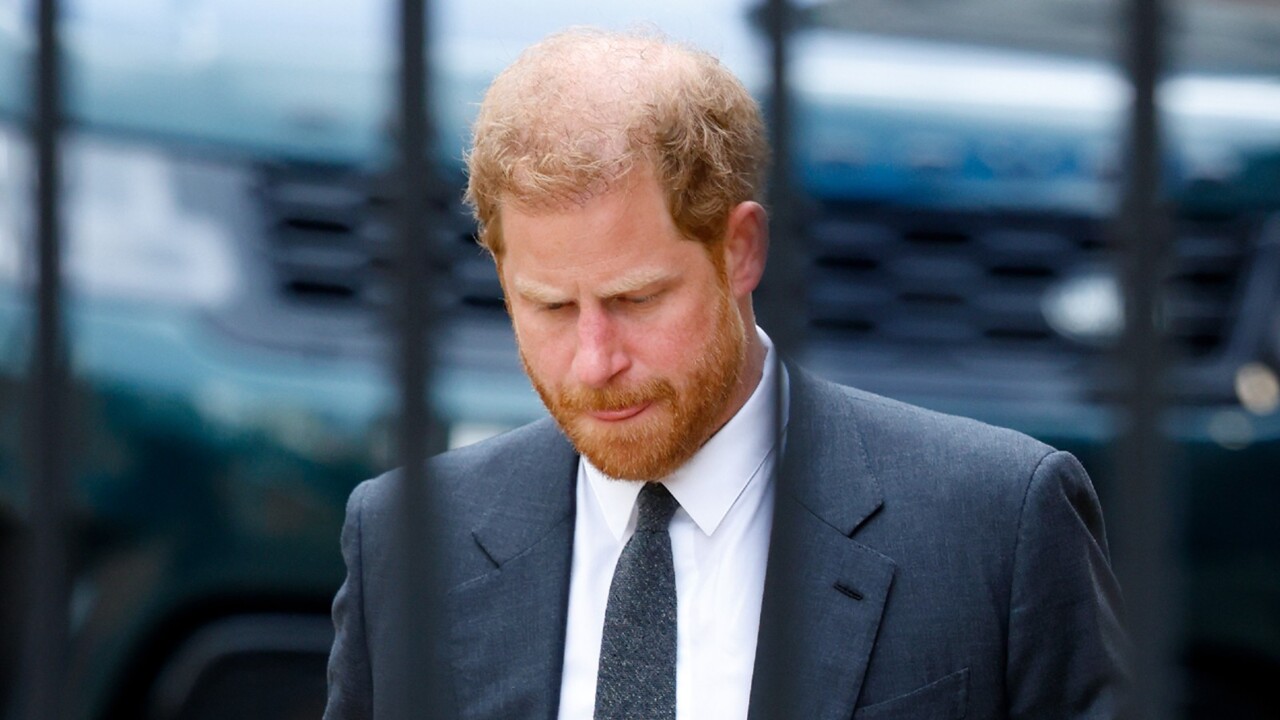
The issue of reparations for Britain’s colonial past, so forcefully expressed by Senator Lidia Thorpe in Parliament House this week, is set to follow King Charles to Samoa as he prepares to chair his first Commonwealth Heads of Government Meeting as sovereign.
The election of a new Secretary-General for the Commonwealth at the meeting could set the scene for a future showdown on reparations for the transatlantic slave trade, with all three candidates for the job backing the controversial idea.
The position is due to be filled by the 21 African member nations of the Commonwealth.
Senator Joshua Setipa from Lesotho, the Hon Shirley Ayorkor Botchwey from Ghana and Dr Mamadou Tangara from Gambia are the three candidates, and all three reiterated their support for slavery reparations at a forum in London last month.
“The Commonwealth has a long history of facilitating discussions about difficult issues,” Reuters quoted Senator Setipa saying at the event.
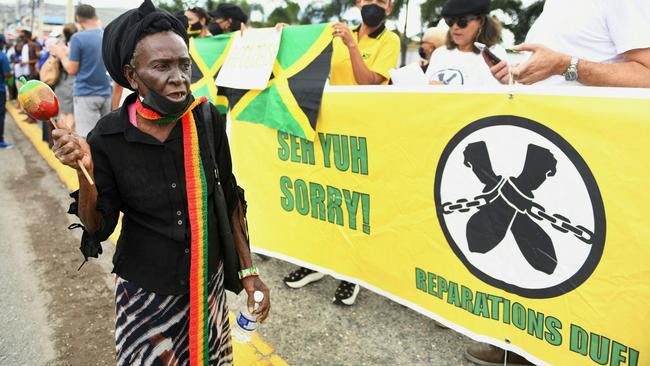
Talk about reparations for things that happened hundreds of years ago might seem unusual, but the issue of slavery is coming up more and more often for European royalty.
Last year, Dutch King Willem-Alexander apologised for his family’s role in slavery, while King Charles has used speeches in Barbados, Rwanda and Kenya to express his personal sorrows about the trade.
Analysts believe King Charles is not in a position to offer a formal apology as it could open the UK government up to legal action.
Some overseas polls have shown support for slavery reparations, but readers seem unconvinced.
Of the 1049 Australians who responded to recent questions on NewsCorp’s Pulse of Australia survey, 55 per cent said royal families should not have to pay reparations for historical ties to slavery.
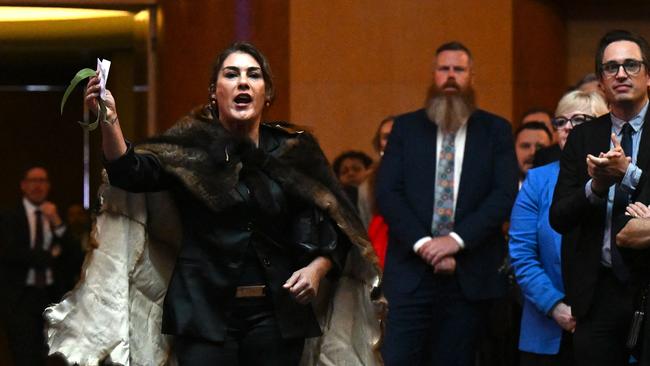
One in four respondents (25 per cent) said they should pay, and 20 per cent were unsure.
Readers felt slightly less opposed to the idea of an apology.
Exactly 50 per cent of respondents said modern monarchies should not apologise for the historical ties their families had to slavery, but 37 per cent said they should. Fourteen per cent were unsure.
ANU senior history Professor Angela Woollacott said Australians were less aware of the history of slavery than people in some other CHOGM countries, but “an African Secretary-General could push forward that question (of reparations)”.
There was already precedent for European powers making reparations for historical wrongs in Africa, Prof Woollacott said. The UK government compensated 5000 Kenyans for torture inflicted upon them during the Mau Mau uprisings in the 1950s, while Germany had agreed to payments for historical injustices in Namibia, she said.
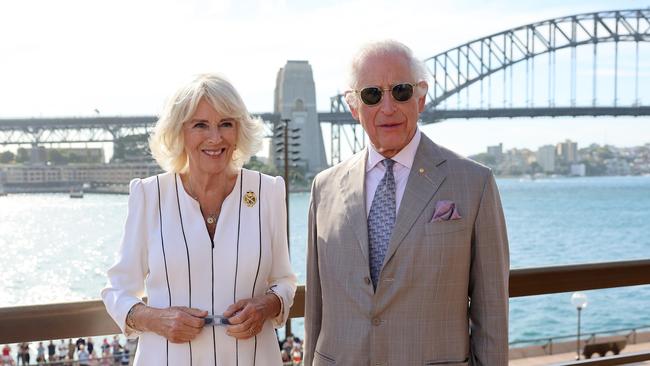
Alexander Voltz, the spokesman for the Australian Monarchist League, said if the King made an apology regarding historical slavery it would be “completely his discretion” but it was important to remember that there were modern forms of slavery, too.
“I think it’s a case of he who casts the first stone better be pretty confident,” Mr Voltz said.
It’s not the only confronting issue King Charles will face in Samoa.
Confronting ads placed by the Minderoo Foundation at Samoa’s Faleolo International Airport appear to show a child vomiting up plastic.
The ads have been placed to urge Commonwealth member nations to get behind a global plastics treaty, as more evidence emerges about the effect of plastic on human health.
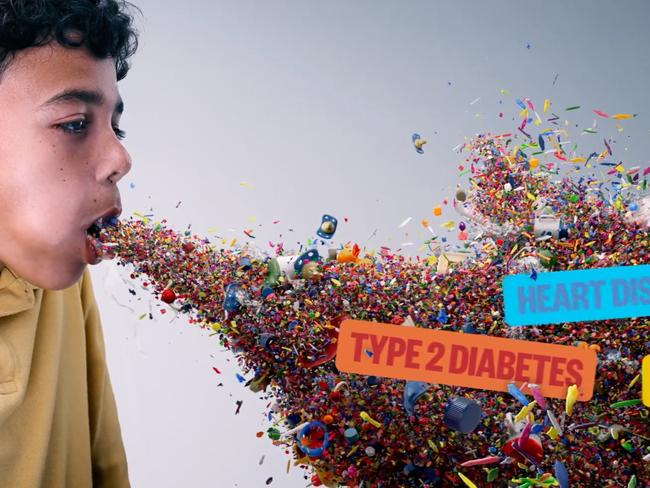
Minderoo Foundation Director Jay Weatherill said CHOGM was “an ideal place to ramp up advocacy for a global plastics treaty” as many of the Commonwealth’s small island nations were impacted by the problem.
“Our message to delegates attending CHOGM is clear: a global plastics treaty is not a nice to have – it is a need to have.”
King Charles himself has a long history of speaking out against plastic pollution, first doing so in 1970.
More Coverage
Originally published as King Charles may be forced to answer tough questions on slavery reparations at CHOGM




